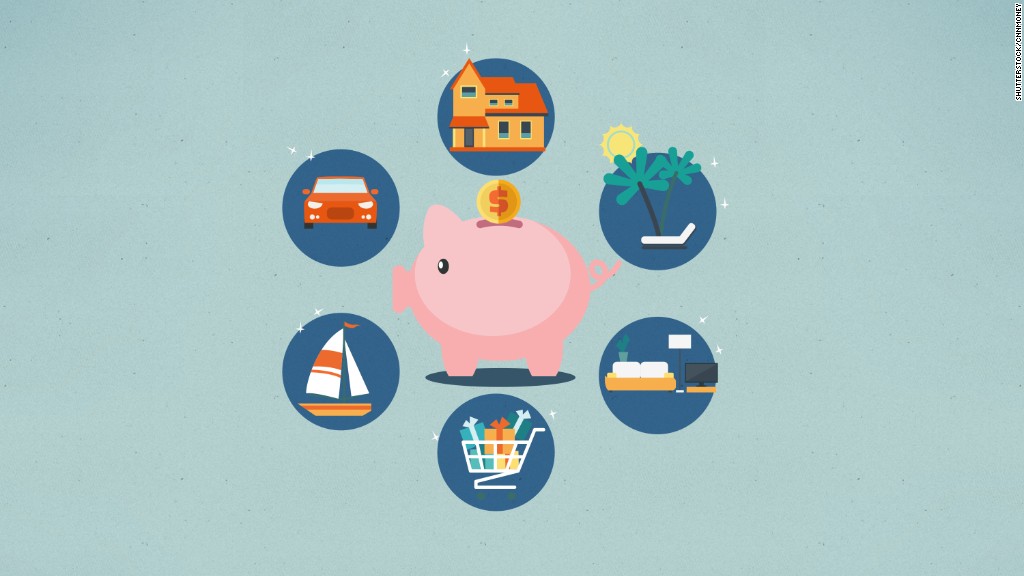
I'm in my mid-30s and have already saved enough to be well on my way to a secure retirement. I even think I'm far enough ahead so I can, and maybe should, reduce risk by investing less aggressively. But I don't want to screw things up. Any suggestions for people who have started out well and don't want to worry about planning for retirement as much? --B.P.
Kudos for getting a leg up on your future financial security. You stand as a shining example to retirement savers everywhere of how early and diligent saving can put you ahead of the game.
But while getting off to a great start certainly gives you more leeway in how you prepare for retirement going forward, at your age you don't want to make the mistake of presuming you've got this retirement thing licked and can begin coasting into a comfy post-career life.
Calculator: Will you have enough to retire?
Any number of disruptions could cloud your retirement prospects over the course of the next 30 years. Market setbacks can put a big dent in your nest egg or future returns might be much weaker than in the past (as a recent McKinsey report warns.) And although you've been a diligent saver to date, a job layoff could knock you off your savings regimen and perhaps even force you to dip into your savings stash.
All of which is to say that I wouldn't be too quick to assume that it's okay to switch from offense to defense. Instead, I suggest you look at your situation a slightly different way -- namely, considering ways to take advantage of the safety margin you've managed to build to date, while at the same time ensuring you keep your momentum going.
Here are three ways to do that:
1. Keep saving, even if at a somewhat slower pace. If you're as far ahead on the savings front as you imply, that likely means you've been saving like a demon from the time you started your career. So you might want to (and can probably afford to) lighten up a bit on the savings front, especially if other obligations (kids' education expenses and what not) begin to place a greater demand on your income at this point in your life.
But you don't want to loosen the reins too much. As a general rule, I'd say you probably ought to keep your savings rate in the neighborhood of 15% or so a year. Go much below that and you could begin chipping away at your safety margin.
For a quick sense of how changing your savings rate might affect your retirement security, go to this calculator. You can then plug in different savings rates and see how each affects your chances of staying on track to a secure retirement.
Calculator: Are you behind on retirement saving?
2. Revise your investing strategy if you like, but keep it reasonable. I understand your desire to take a more conservative investing stance given the size of your savings stash. After all, one of the benefits of being a diligent saver is that you don't have to rely as much on lofty (and unpredictable) investment returns to achieve a secure retirement.
But while I get that you don't want to take more investing risk than you have to, you also need to know that forecasting returns (and gauging the likelihood of building a nest egg big enough to support you given today's long life spans) is still an iffy business. There are plenty of calculators and algorithms out there that can crunch reams of data and spit out very precise looking projections, but they are still projections, not guarantees.
So although I recommend you go to a asset allocation questionnaire to arrive at a mix of stocks and bonds that jibes with your tolerance for risk and then plug that mix into a retirement calculator, allow for some margin of error. Even if the numbers support it, I'd be wary of going with such a conservative strategy that you run the risk of squandering the safety cushion you've built.
Keep in mind too that hunkering down too much in bonds and cash at your age can limit your upside, including the possibility of an early retirement. So by all means scale back your stock holdings if that makes you feel more comfortable, but don't overdo it.
3. Monitor your progress at least every couple of years. We've all seen basketball games where a team rolls up a seemingly insurmountable lead in the first quarter and ends up barely hanging on or even losing in the fourth quarter. To avoid a great start-poor finish in your retirement planning, you need to keep tabs on your progress throughout your career.
You can do that by periodically plugging information such as your current savings balance, the amount you're stashing away each year and when you plan to retire into this retirement tool that uses Monte Carlo analysis to estimate your likelihood of being able to retire as planned with the income you'll need if you continue along your current path.
Again, such projections aren't guarantees. But if you see your chances of achieving a secure retirement are steadily declining, that's a sign you probably need to make some adjustments (saving more, investing differently, delaying retirement) to your planning. To the extent you can make small tweaks throughout the course of your career, the less likely you'll have to make radical adjustments on the eve of retirement.
So by all means take some well-deserved credit for placing yourself on the inside track to a secure retirement. But don't get complacent. You've still got miles and miles to go.

